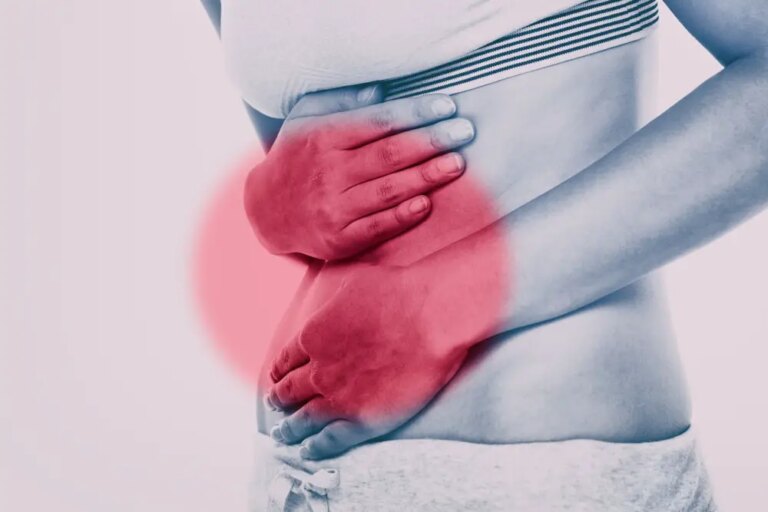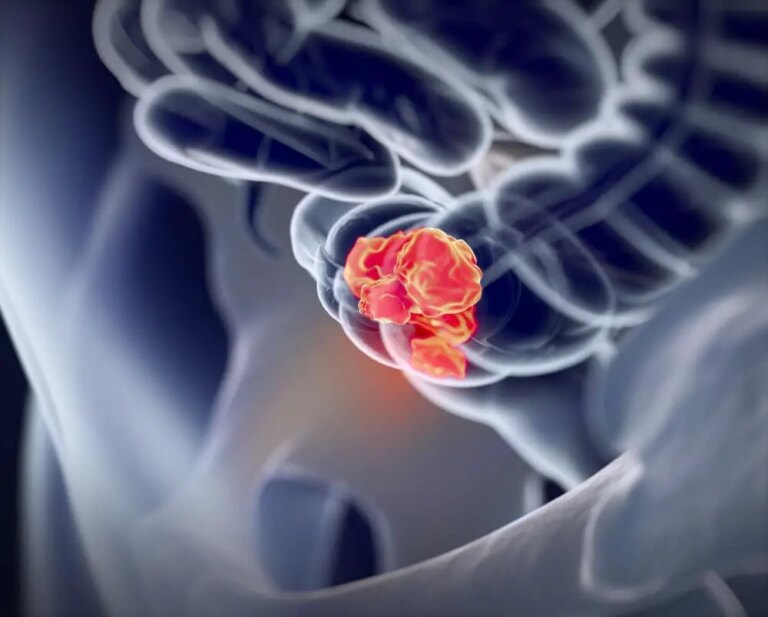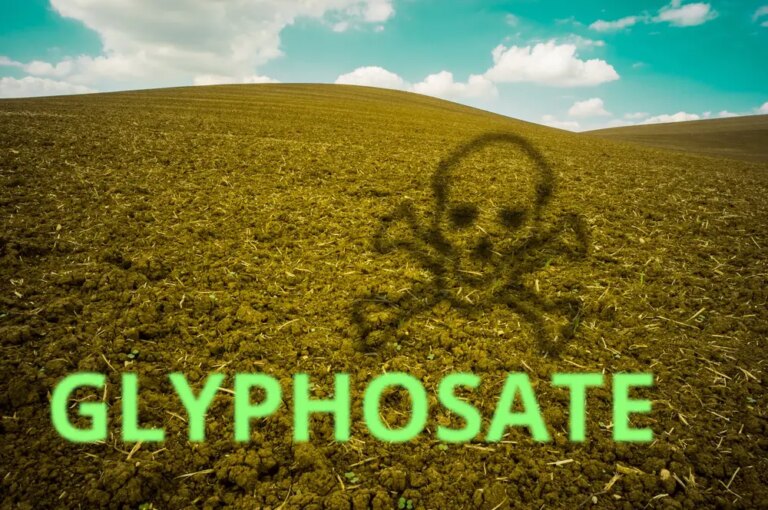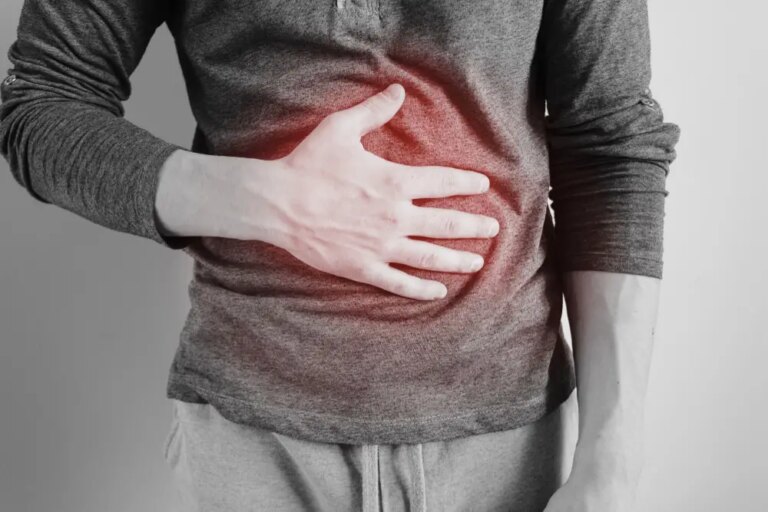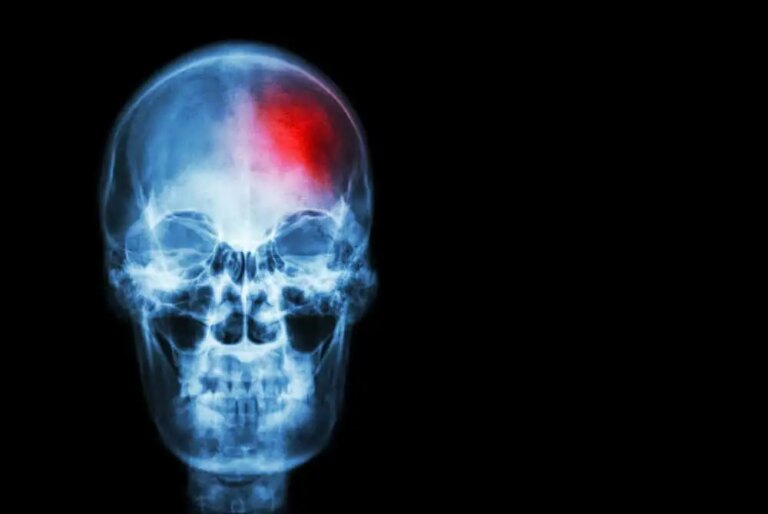PCOS and IBS: Could These Two Conditions Be Linked?
Polycystic ovarian syndrome (PCOS) and irritable bowel syndrome (IBS) are both common health conditions in the United States. PCOS is related to the production of abnormal levels of hormones, while IBS is a gastrointestinal disorder causing various symptoms including stomach pain and diarrhea. However, it is now believed the two conditions could be linked. Here are the…



